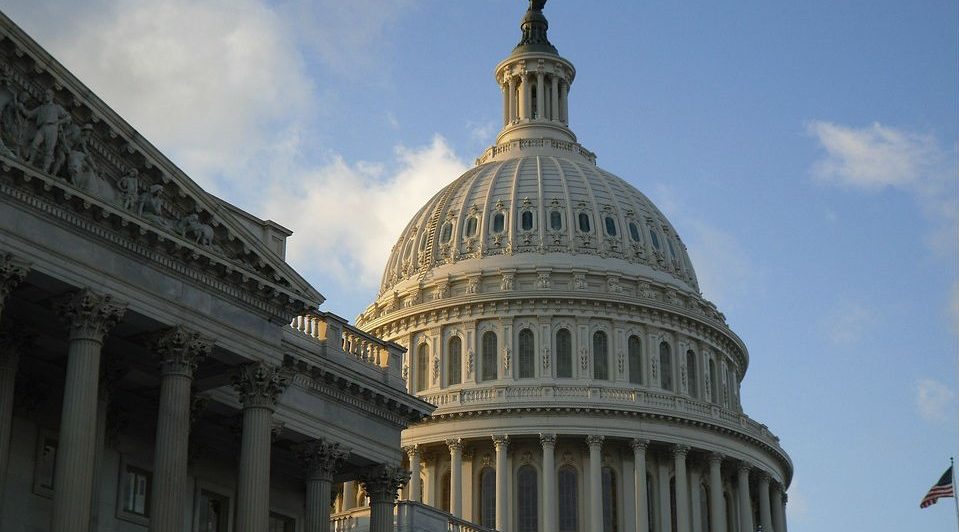Policy & Engagement at AnitaB.org
On April 2, 2019, the average woman will have finally earned what her male peer earned during the 2018 calendar year. That’s right — 15 months to earn what her male peer earned in 12. Each year, the day on which the earnings of the average U.S. woman is finally equal to what her male peer earned is recognized as Equal Pay Day.
According to the National Women’s Law Center, full-time, year-round, female employees currently make an average of 80 cents for every dollar earned by their male counterparts. The disparity is even greater for women of color and LGBTQ+ women — black women of the same working demographic earn on average 61 cents to the dollar, and Latina women earn just 53 cents to the dollar.
Appropriately, less than a week prior on Wednesday, March 27, the U.S House of Representatives passed the Paycheck Fairness Act (H.R. 7) largely along party lines, with one Republican cosponsor. The House has successfully passed a Paycheck Fairness Act three times since 2008, including once in 2010 with a Democratically-controlled Senate, though it made no progress after failing to earn Republican support.
Proponents of the current bill, mainly Democrats and women’s advocacy groups, believe that the legislation will close many of the loopholes left by the Equal Pay Act of 1963. Some of the proposed changes include banning retaliation against workers who discuss their wages, making it easier for workers to take part in pay discrimination class actions, stopping employers from requiring job candidates to disclose their salary history, and expanding the collection of data that is collected from employers by the U.S. Equal Employment Opportunity Commission (EEOC).
Opponents of the bill, largely Republicans, fear that the bill would make employers vulnerable to punitive measures for pay discrimination claims, including in cases where pay differences are the result of legitimate differences in experience or education. Those who voiced concern were particularly critical of the measures that broadened conditions in which workers can participate in class action lawsuits, and expressed concern that this could be exploited for unnecessary lawsuits and lucrative fees[1].
Republicans, led by Rep. Elise Stefanik (R-NY), introduced an alternative to the bill, called the WAGE Equity Act. Text of this bill is not yet available online. Fears of rampant litigation and class action suits may be overblown. According to former EEOC Chair Chair Jenny Yang, most eligible claimants never even enter into cases, for fear of retaliation or because or due to a lack of comparative data on the pay of their male peers. Notably, the GOP bill will not include EEOC reporting requirements, stating high compliance costs as a barrier.
The Paycheck Fairness Act now moves on to the Senate, where it is unlikely to get much play among the Republican majority.
AnitaB.org supports transparency and accountability as tools for reaching pay equity, and supports the Paycheck Fairness Act. If you support the Paycheck Fairness Act, you can contact your senator and urge them to support a Senate version of the bill (S.270).
[1] Gurrieri V., et. al. “Equal Pay Bill Attacked As Ineffective ‘Cash Cow’ For Lawyers.” Law360. February 3, 2019.
Read more posts from the thread AnitaB.org Expands Open Source Programming With Support From craig newmark philanthropies


